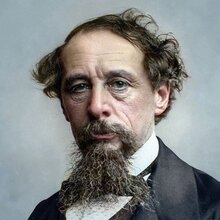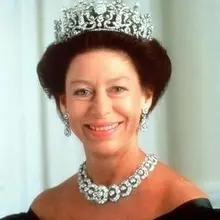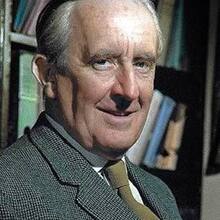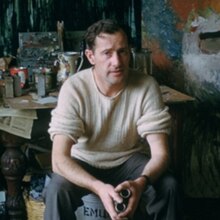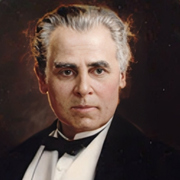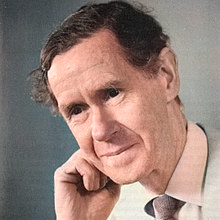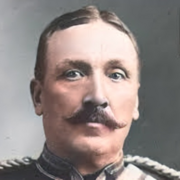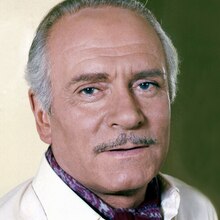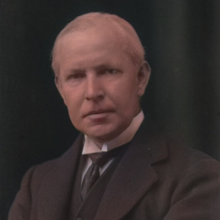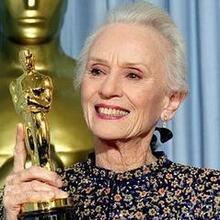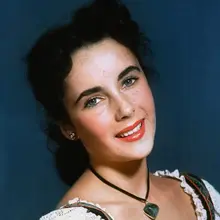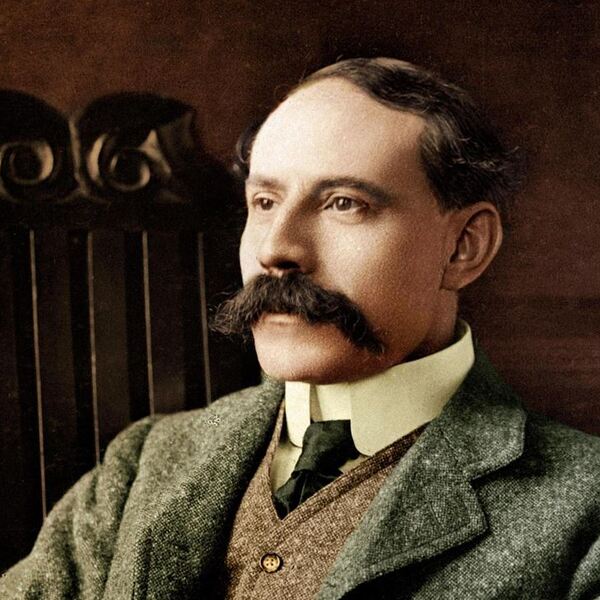
Personal
Other names:
Job / Known for:
Composer of orchestral and choral works
Left traces:
Enigma Variations, Pomp and Circumstance Marches
Born
Date:
1857-06-16
Location:
GB
Lower Broadheath, Worcestershire, England
Died
Date:
1934-02-23 (aged 77)
Resting place:
GB
Death Cause:
Colorectal cancer
Family
Spouse:
Caroline Alice Roberts (1850–1920)
Children:
Carice Irene Elgar (1890–1970)
Parent(s):
William Henry Elgar (1821–1906) and Ann Greening (1822–1902)
QR Code:
Show More
Rank
Users ranking to :
Thanks, you rate star
Ranking
5.0
1
Fullname
Edward Elgar
Slogan
There is music in the air, music all around us; the world is full of it
About me / Bio:
Show More
Article for Edward Elgar
Died profile like Edward Elgar
Comments:

